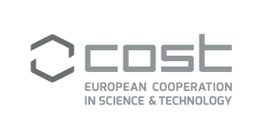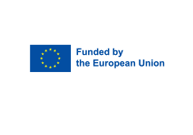ACS Infect. Dis. 2024, Publication Date:March 27, 2024 https://doi.org/10.1021/acsinfecdis.4c00131
Parasitic vector-borne diseases (VBDs) represent nearly 20% of the global burden of infectious diseases. Moreover, the spread of VBDs is enhanced by global travel, urbanization, and climate change. Treatment of VBDs faces challenges due to limitations of existing drugs, as the potential for side effects in nontarget species raises significant environmental concerns. Consequently, considering environmental risks early in drug development processes is critically important. Here, we examine the environmental risk assessment process for veterinary medicinal products in the European Union and identify major gaps in the ecotoxicity data of these drugs. By highlighting the scarcity of ecotoxicological data for commonly used antiparasitic drugs, we stress the urgent need for considering the One Health concept. We advocate for employing predictive tools and nonanimal methodologies such as New Approach Methodologies at early stages of antiparasitic drug research and development. Furthermore, adopting progressive approaches to mitigate ecological risks requires the integration of nonstandard tests that account for real-world complexities and use environmentally relevant exposure scenarios. Such a strategy is vital for a sustainable drug development process as it adheres to the principles of One Health, ultimately contributing to a healthier and more sustainable world
COST (European Cooperation in Science and Technology) is a funding agency for research and innovation networks. The COST ACTIONS help connect research initiatives across Europe and enable scientists to grow their ideas by sharing them with their peers. This boosts their research, career and innovation.
One Health drugs against parasitic vector borne diseases in Europe and beyond
OneHealthdrugs
24/10/2022
23/10/2026
27/05/2022
Download file
Maria Paola Costi
Anabela Cordeiro da Silva
Maria Cristina Notarsanto
Maria Esposito and Laura Leonardi


